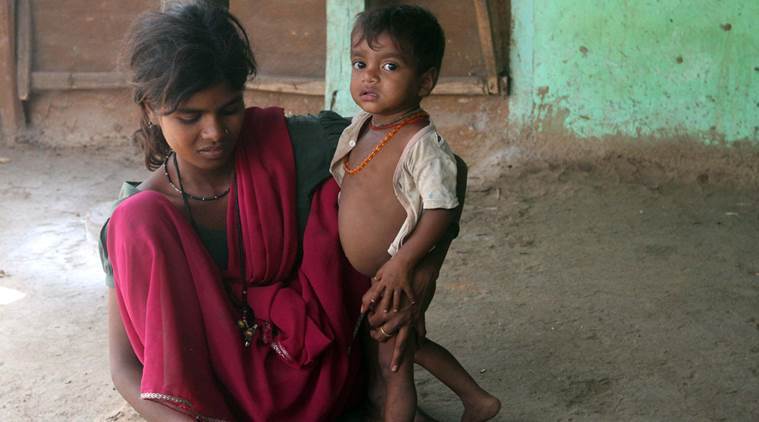India makes modest progress in Human Development Index, fares poorly in gender equality
by Express Web DeskBy: Express Web Desk | New Delhi | Updated: December 9, 2019 3:49:22 pm

Despite India’s progress, it accounts for 28 per cent of the 1.3 billion multidimensional poor, the report said. (Representational Image)
Making a marginal improvement, India climbed one spot to be placed at 129 among 189 countries in the 2019 Human Development Index (HDI) report released by the United Nations Development Programme (UNDP) on Monday. Last year, India ranked 130 in the index.
In India, 27.1 crore people were lifted out of poverty from 2005-06 to 2015-16, UNDP India representative Shoko Noda said. The steady progress was due to nearly three decades of rapid development, which had seen a dramatic reduction in absolute poverty, along with gains in life expectancy, education, and access to health care, she said.
The report further stated that India’s HDI value increased by 50 per cent, from 0.431 to 0.647 per cent, placing it above the average for countries in the medium human development group (0.634) and above the average for other south Asian countries (0.642).
The HDI is measured in three basic dimensions of human development for assessing long-term progress — a long and healthy life, access to knowledge, and a decent standard of living.
The report shows that from 1990-2018 life expectancy increased by 11.6 years and per capita income rose by 250 per cent.
Despite India’s progress, it accounts for 28 per cent of the 1.3 billion multidimensional poor, the report said. The report also noted that despite the slight progress, gender-based inequalities still persisted in the country, affecting women.
India ranks at a low 122 among 162 countries on the Gender Development Index. “For countries like India, which have shown great success in reducing absolute poverty, we hope that 2019 Human Development Report sheds light on inequalities and deprivations that go beyond income,” said Shoko Noda.
“India’s development initiatives like the Pradhan Mantri Jan Dhan Yojana (for financial inclusion) and Ayushman Bharat (for universal health care) are crucial in ensuring that we meet our promise to leave no one behind and fulfil the Prime Minister’s vision of development for all,” she further said.
The three basic dimensions of human development are measured in different ways. A long and healthy life is measured by life expectancy.
Knowledge level is measured by mean years of schooling among the adult population — which is the average number of years of schooling received in a life-time by people aged 25 years and older — and access to learning and knowledge by expected years of schooling for children of school-entry age — which is the total number of years of schooling a child of school-entry age can expect to receive if prevailing patterns of age-specific enrolment rates stay the same throughout the child’s life.
Standard of living is measured by Gross National Income (GNI) per capita expressed in constant 2011 international dollars converted using purchasing power parity (PPP) conversion rates.
For all the latest India News, download Indian Express App
© IE Online Media Services Pvt Ltd
0 Comment(s) *
* The moderation of comments is automated and not cleared manually by indianexpress.com.